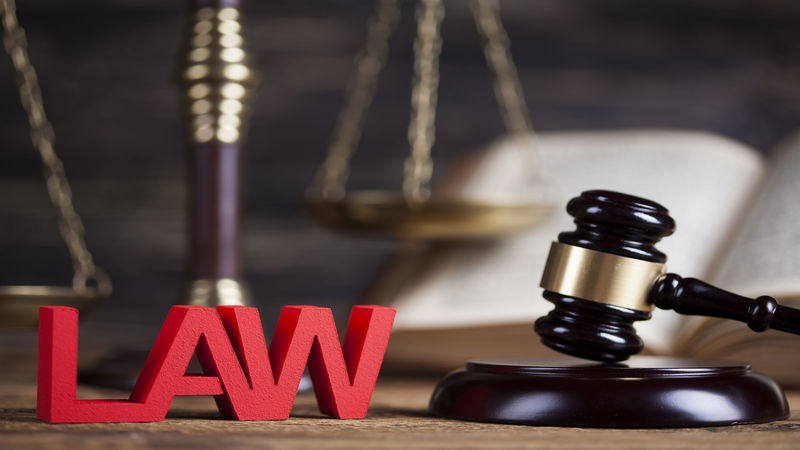Most criminals go to court and the judge determines if the crime they committed was a felony or a misdemeanor. But what do these terms mean? Do you get a stricter punishment for a felony or a misdemeanor? What crimes constitute a misdemeanor or a felony? A Cincinnati criminal attorney can help you understand the difference between these two terms and exactly what you need to do to fight the charges and defend yourself.
The Basics of a Felony Charge
A felony is the most serious of all crime charges and carries the heaviest penalties. Those convicted of a felony charge often serve jail time and may have extensive fines to pay. Examples of felony charges can include murder, physical assault, threatening bodily harm, fraud, and white-collar crimes like tax evasion. If you commit a misdemeanor crime, more than once, a judge can choose to elevate a misdemeanor to a felony because it’s a repeat offense. It’s important to hire a Cincinnati criminal attorney as soon as possible following felony charges because you will need time to build up your defense. Your attorney will walk you through the entire process from your first hearing to your sentencing.
The Basics of a Misdemeanor Charge
A misdemeanor carries a lesser charge than a felony and usually results in no more than one year of jail time, if the judge chooses not to use probation or fines as the penalty. Examples of a misdemeanor include shoplifting, trespassing, or furnishing alcohol or cigarettes to minors. As stated above, if you’re charged with a misdemeanor but repeat the same criminal activity, it could be elevated to a felony and carry a heavier punishment. People convicted of misdemeanors often serve community service hours and are placed on probation following a short jail term.
Infractions and Violations
You may not need a Cincinnati criminal attorney for an infraction because most of these cases are only punishable with a fine. However, if you receive a speeding ticket or other moving violation and want to go to court, you may be better off retaining an attorney who can help argue your case. Although the criminal court system is tricky and takes a while to get from your first hearing to your sentencing, it’s important to understand your charges and your possible punishment.



